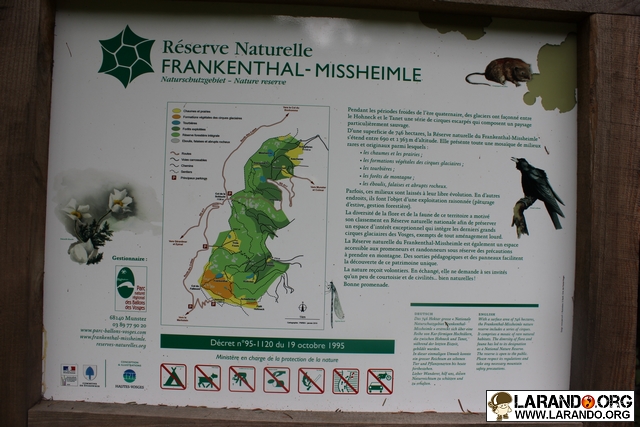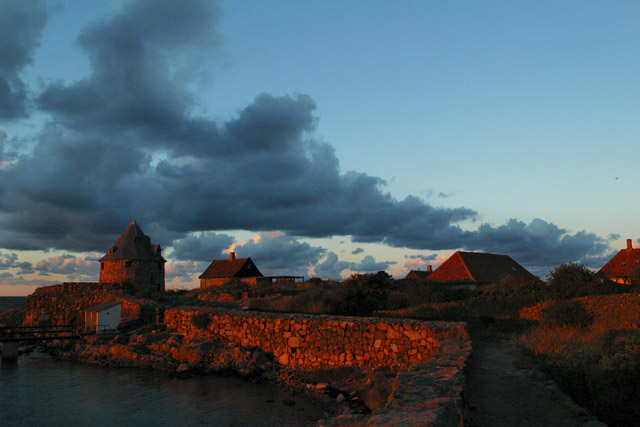Le Marketing du Qatar
Comment expliquer le volontarisme grandissant du Qatar depuis une dizaine d’années? Le premier facteur est la vision qui anime les dirigeants de l’émirat. Leurs ambitions ont été décrites dans un document, le « Qatar National Vision 2030″. C’est une sorte de feuille de route dont l’objectif est de faire de l’émirat un acteur majeur de la communauté internationale à l’horizon 2030. Pour ce faire, une série de plans quinquennaux sont prévus. Aucun domaine n’est sous-estimé, car le Qatar entend jouer dans la cour des grands, sur les terrains diplomatique, médiatique, économique, sportif et culturel. Le deuxième facteur est la place géostratégique qu’occupe cet Etat. Situé dans un Moyen-Orient mouvementé, l’émirat est dans l’oeil du cyclone, au coeur d’une région du Golfe qui reste la source de toutes les convoitises en raison de la richesse de son sous-sol. Or le Qatar est un Etat petit et vulnérable. Ses dirigeants sont déterminés à compenser cette fragilité par une politique de visibilité. En d’autres termes, le Qatar a besoin de s’afficher pour exister. Grâce au » soft power » — dans les médias et le sport, en particulier, – l’émirat a pu sortir de l’anonymat. C’est en grande partie cette équation qui explique son dynamisme grandissant. Continuer la lecture →



